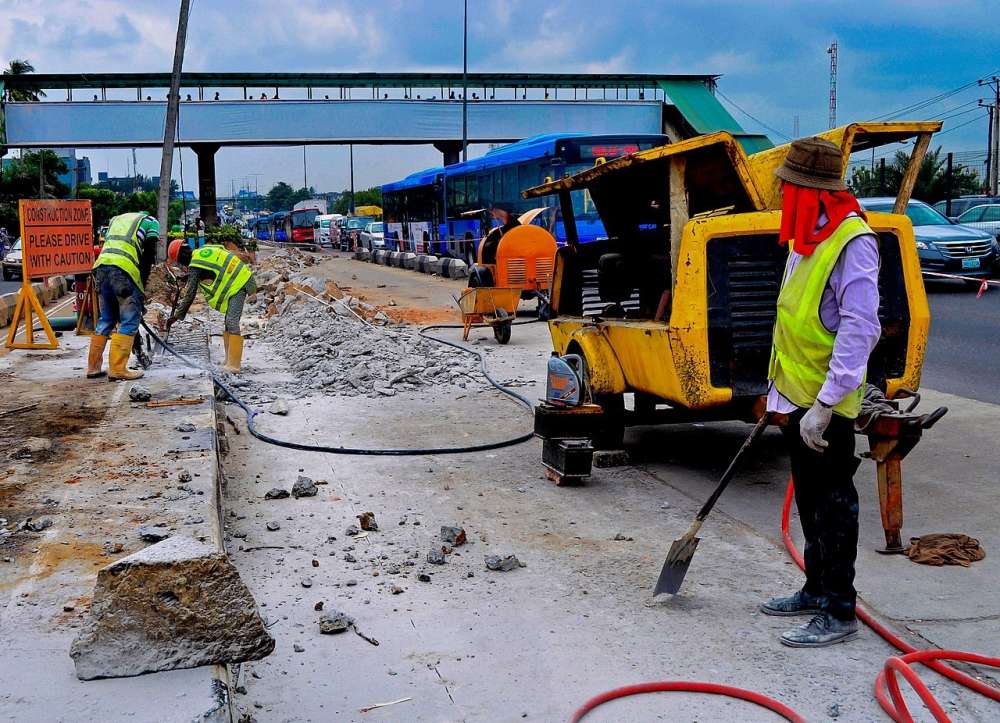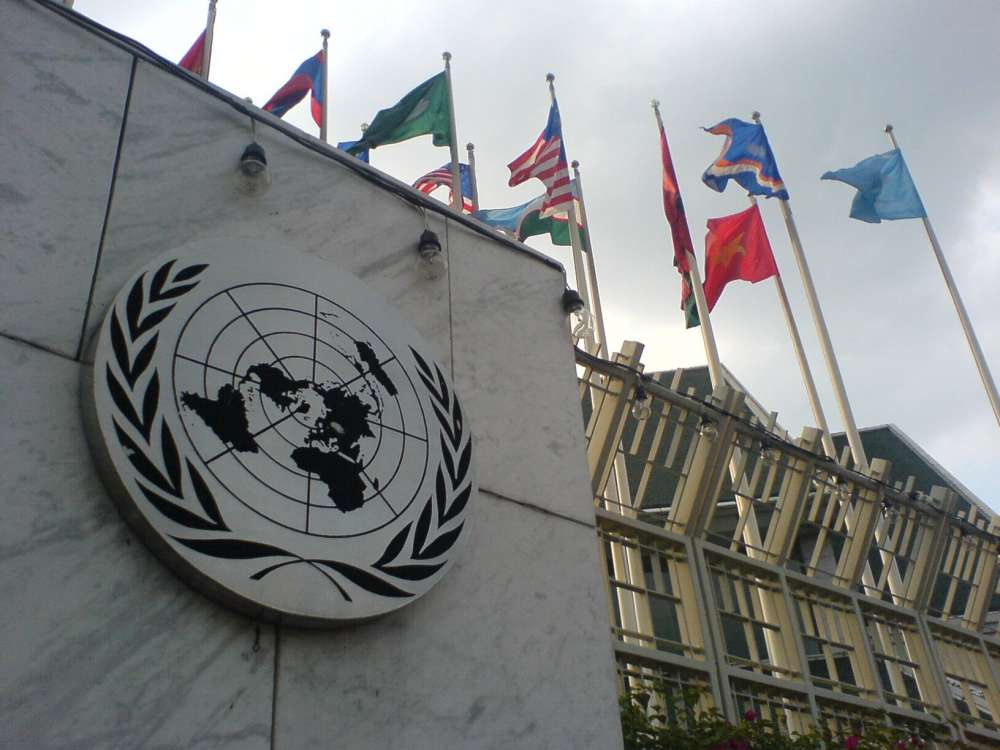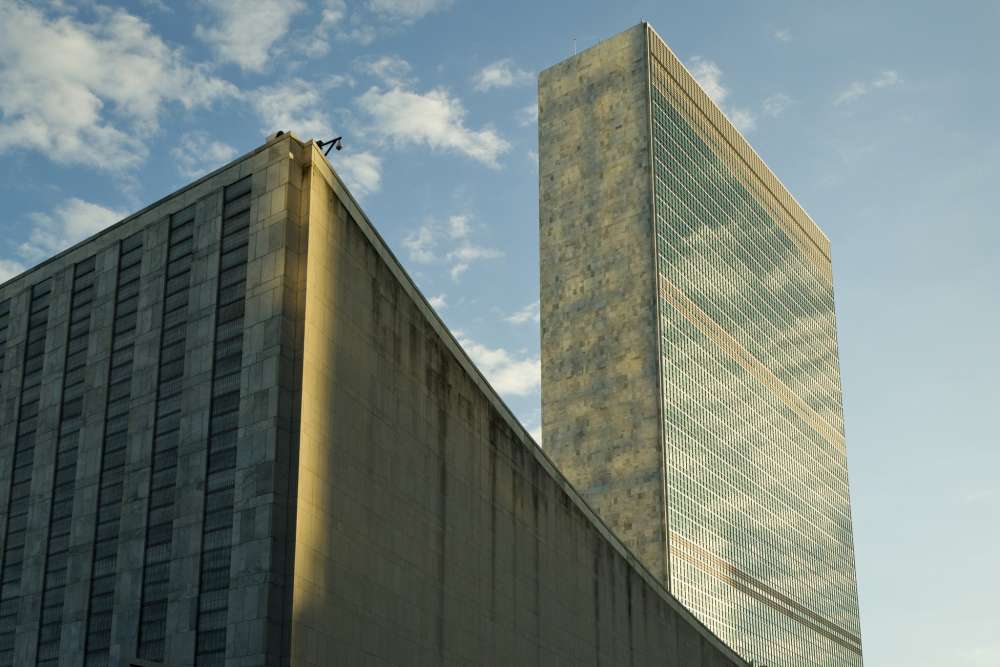US Congress Should Not Condone Corruption in Extractive Industries

Earlier this month, Nigeria’s House of Representatives voted to open investigations into a tainted license awarded to oil giants Shell and Eni in 2011. The investigation comes after six years of allegations of bribery involved in the sale of an oil block. The Anglo-Dutch firm and its Italian partner paid $1.1 billion to Malabu Oil & Gas, a shell company secretly owned by former Nigerian Petroleum Minister Dan Etete, who has been convicted for money laundering. Etete then seems to have transferred over $500 million to Former President of Nigeria Goodluck Jonathan. Former Nigerian Minister of Justice Mohammad Adoke is also under investigation for brokering the deal. The inquiry follows closely on the heels of Italian prosecutors’ decision to press charges over the OPL245 deal in February.
The investigation joins a growing movement around the world: governments are increasingly professing to tackle corruption in the extractive sector – the most corrupt on the planet– and encouraging greater transparency in their financial systems. Under the Obama administration, the US positioned itself as a champion on this cause. But the election of President Donald Trump, a majority Republican Congress, and the appointment of ex-CEO of ExxonMobil Rex Tillerson as Secretary of State, threaten to reverse this progress.
In January, the US Congress voted to dismantle key sections of the Dodd-Frank Act, passed in 2010 during the Obama administration. The bill, which sought to tighten regulations after the financial crisis, has a special clause called Section 1504, or the Cardin-Lugar Rule, named after its bipartisan proponents. It would have come into effect in 2018 and forced oil, gas, and mining companies listed in the US to disclose payments made to foreign governments in order to obtain permits or licenses for development.
The Cardin-Lugar Rule aimed to reverse the resource curse that keeps countries rich in natural resources trapped in a poverty spiral, and to lay the foundation for citizens to hold governments to account. It set an important precedent that has since been followed in the EU, Canada, and Norway. But now, with the Cardin-Lugar Rule dead, and Congress’s decision to withdraw from the Extractive Industries Transparency Initiative, an important message is being sent: business comes before the law.
Those who stand to lose the most from these developments are the poor in countries where extractive industries operate. Lack of transparency into oil, mining, and gas deals has staggering consequences. The OPL245 case cost Nigeria a sum worth 80 percent of its 2015 healthcare budget. Just five mining deals in the Democratic Republic of Congo made between 2010 and 2012 led to that country losing $1.36 billion – almost twice the country’s annual budget on health and education combined, in a country where 77 percent of the population lives below the income poverty line. The Simandou iron ore mine in Guinea could have generated revenues with the potential to double the country’s GDP in the next quarter century. Instead, it was bought by Israeli billionaire Benny Steinmetz and sold off for 15 times its buying price in a murky deal. These examples of grand corruption are common, and are expected to multiply as the extractive sector braces itself for low economic forecasts.
Congress’s decision to drop the Cardin-Lugar Rule and leave the Extractive Industries Transparency Initiative are a big victory for oil, gas, and mining lobbyists. And it is not their first: in 2013, the US Securities and Exchange Commission was forced to suspend Cardin-Lugar after lobbyists from the American Petrolatum Institute claimed that it would put US firms at a competitive disadvantage.
But this is simply not true. In August 2013 and 2014, investors representing nearly $6 trillion in assets wrote to the SEC in support of the rule. They argued that greater transparency measures helped mitigate risks for investors. George Serafeim of Harvard Business School has shown that transparency initiatives can even boost share prices because they signal that management is tackling hidden risks. Ernst and Young’s 2015 Europe, Middle East, Africa, and India Fraud Survey also found that good compliance is actually conducive to business growth. Furthermore, transparency contributes to the social license needed by extractive companies, which are held in low esteem by the public. And banks have reduced loans to opaque trading firms after facing fines for sanctions violations.
The decision to roll back financial regulations places America against a growing global movement. More and more countries are implementing transparency initiatives following scandals like the Lux Leaks, the Panama Papers, and the Russian Laundromat. The UK recently introduced the world’s first publically accessible beneficial ownership register, and the EU’s new Anti-Money Laundering Directive is set to be enforced by the end of this year.
Even China has gone on an anti-corruption rampage since 2014. The vice president of PetroChina Company, a subsidiary of the China National Petroleum Corporation, was detained by authorities for corrupt dealings in Kazakhstan, along with 45 other officials from the corporation, including five out of the nine members of its executive board accused of other corrupt practices. It is embarrassing that an authoritarian state like China can now claim to take a moral high-ground in the corruption battle.
For the Trump administration, it seems all too convenient to let US companies off the hook when it comes to responsibility for corrupt practices. We would do well to remember that the new Secretary of StateTillerson was the CEO of Exxon Mobil when it lobbied aggressively against Securities and Exchange Commission rules and came under investigation from Nigeria’s economic and financial crimes commission for securing a lucrative permit in 2009, despite being outbid by $2.25 billion dollars by a rival energy firm.
At Tillerson’s confirmation hearing, Virginia Democrat Tim Kaine raised an important question. He asked how ExxonMobil, which works in countries plagued by the resource curse, would “make sure [these countries] respect human rights, the rule of law, and our longstanding commitment to transparency and anti-corruption?” Tillerson responded that it was USAID’s responsibility to “strengthen institutional capacities and set standards of expectation in the developing part of the world including those that have resource wealth.”
No, it is not. It is up to policy-makers and the extractive sector to set high expectations, comply with transparency rules, and enforce due diligence, instead of compromising their standards to the dodgy practices of local bureaucrats. These can then be held to account by civil society in their own countries.
If Congress refuses to back the movement towards greater corporate accountability, then NGOs, investigate journalists, whistleblowers, and other civil society actors will need to double up on their efforts to expose damaging information. At a time when trust in governments and institutions are at an historic low, America cannot afford retrograde practices.







